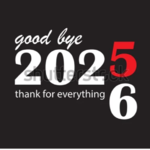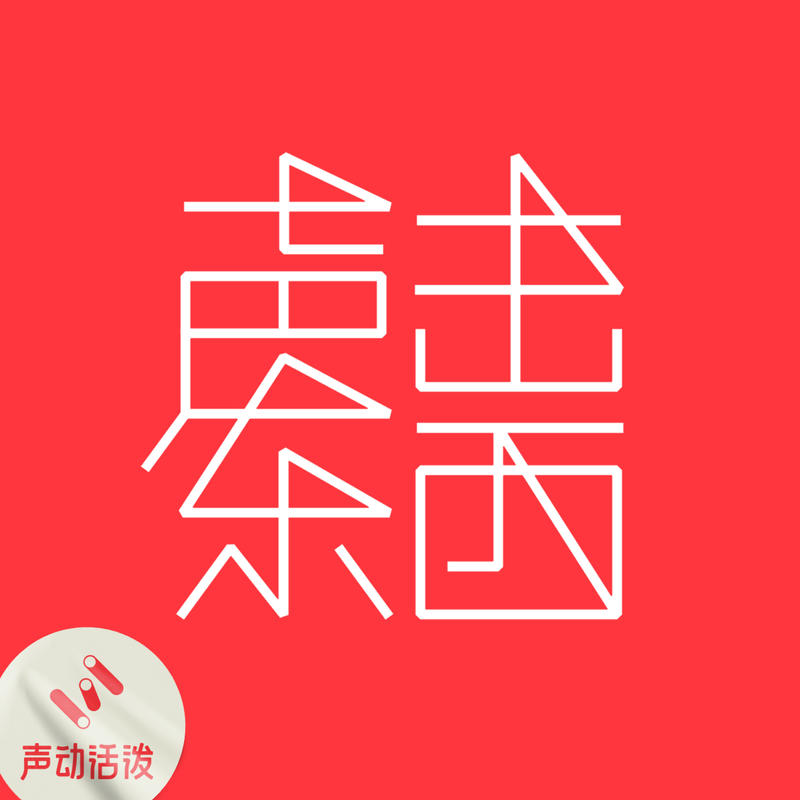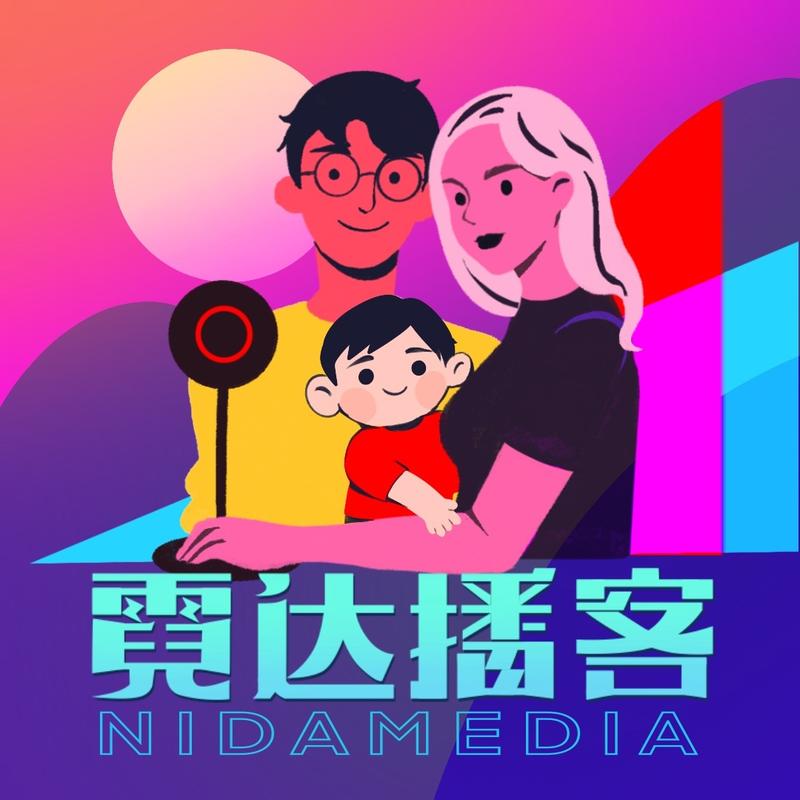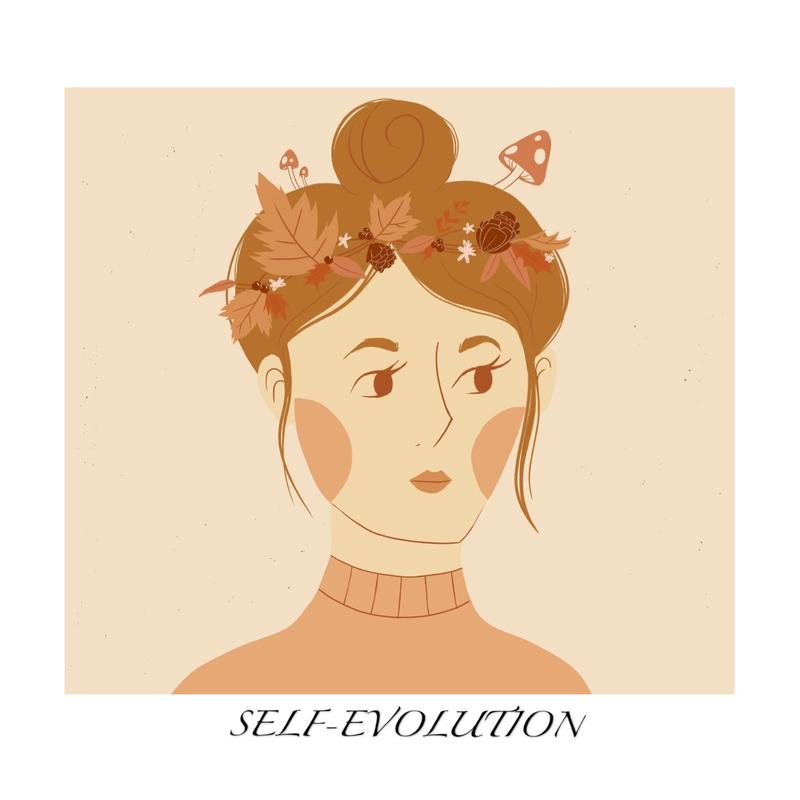(全英)当人生卡在“要不要”时如何做决定?
Tara纯英文碎碎念
Today I want to talk about something some listeners have asked me about: making really tough decisions.
Now: what makes a choice hard? It’s actually not the number of options, or how big the decision feels. What makes a choice hard is the way the alternatives relate to each other.
In an easy choice, one alternative is clearly better than the other. It’s like, should I eat instant noodles or go have hotpot with my friends? Hands down, hotpot wins, no doubt. But in a hard choice, it’s different. One alternative is better in some ways, and the other is better in other ways. And neither is better overall.
For example, think about what many of you are facing: should you study abroad, or should you start working right after college in your home country?
• If you go abroad, you get exposure, global experience, maybe more opportunities.
• If you stay, you get stability, family support, and you start building your career earlier.
See? Neither is better in an absolute sense. They’re just better in different ways. And that’s what makes the decision so hard.
But here’s how I see it: there’s no “better” or “worse” decision in a hard choice. What often makes us freeze and feel clueless is not the decision itself, but the fear/ uncertainty around it. We let the uncertainty, the “what ifs,” cloud our judgment. It tricks us into thinking, if I choose wrong, I’ll ruin everything. But the truth is, in a hard choice, there is no wrong answer in the way we usually think.
So what do we do then? We need to change our mindset. A hard choice is not a challenge designed to stop us/ faze us, but rather a chance to define us. Instead of making endless pro-con lists, instead of comparing until our brains explode, we should ask ourselves: Who do I want to be? What do I want to do in life? And then, choose whatever gets you closer to that vision. That’s how you turn a hard choice into a meaningful one.
I’ve been there myself.I used to be a project engineer working for the government in China. On paper, it was a dream job, stable and pretty decent income, great benefits, a clear career path. I stayed there for 4 years. But deep down, something didn’t feel right. At the age of 28, I decided to quit that job and go study abroad AGAIN. Everyone around me thought I was crazy : “Why would you give up such a good job?!” they said. But I knew I wanted more than just stability. I wanted to feel challenged and alive. I’d always loved teaching and helping others reach their potential, and people often told me I had a knack for it. I’ve always been passionate about languages.
So after graduation, I made another risky move, I became a full-time online English teacher. And honestly, that decision led to who I am today and defined who I am today.
Even though I gave up stability, I gained freedom and flexibility, the freedom to do what I love, the flexibility to work from anywhere in this world, and to make a really good living doing something that truly matters to me. That so-called “wrong” decision turned out to be the best one I’ve ever made.
I learned that I’m a risk-taker when it comes to life experiences. I choose to follow my heart. I know my worth, and I know what I’m best at. And now, looking back, I can honestly say, I’m free, fulfilled, and I’ve built a life that feels truly mine. I get to do what I love every day, and I’ve also built a career that allows me to take care of my family and live comfortably. I don’t just survive, I thrive.
That decision people once laughed at? It’s the very decision that gave me the life I have today.
Now some of you might wonder and say, but sometimes, I don’t actually know who I am yet, or what I want in life yet. And that’s completely okay. In fact, most of us are still figuring it out. What matters here is having what I’d call a “trial-and-error” mindset, 良好的试错心态.
If you’re unsure, pick the path that speaks to you a little more, even if you can’t fully explain why. Don’t be afraid of making the “wrong” choice. See it as an experiment. You try something, and if it doesn’t work out, that’s data. That’s clarity. You can say, Alright, now I know this isn’t for me. Let me adjust.
What you don’t want to do is always choose the safest option just because it feels safe. Because deep down, you’ll always wonder: What if I had gone the other way? What could I have achieved? And honestly, that kind of regret can grow heavier and heavier over time and end up weighing more than failing at something.
So to wrap up:
• Hard choices are hard not because one is better, but because each option is better in different ways.
• There’s no right or wrong answer; don’t let your fear blind you.
• Shift your mindset: a hard choice is a chance to define who you are.
• And finally, embrace trial and error. Don’t live for safety; live for










